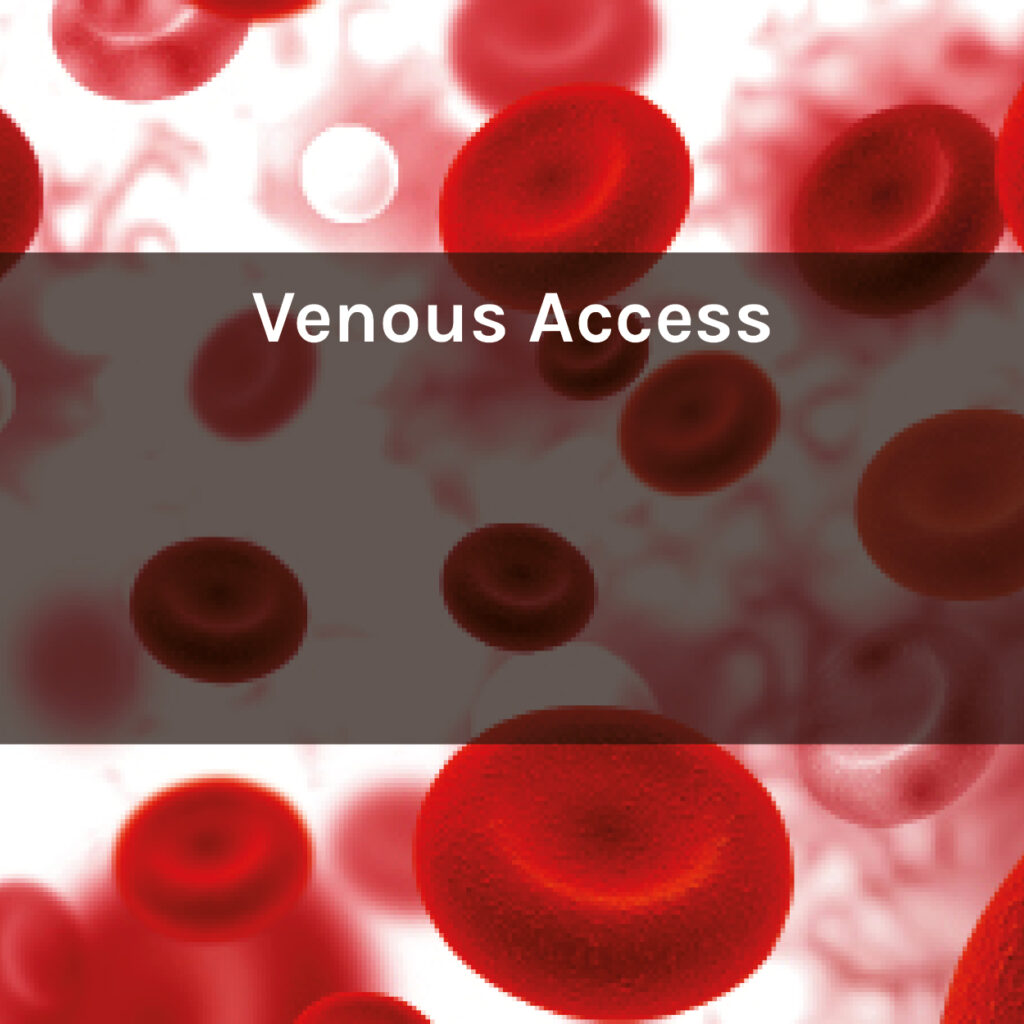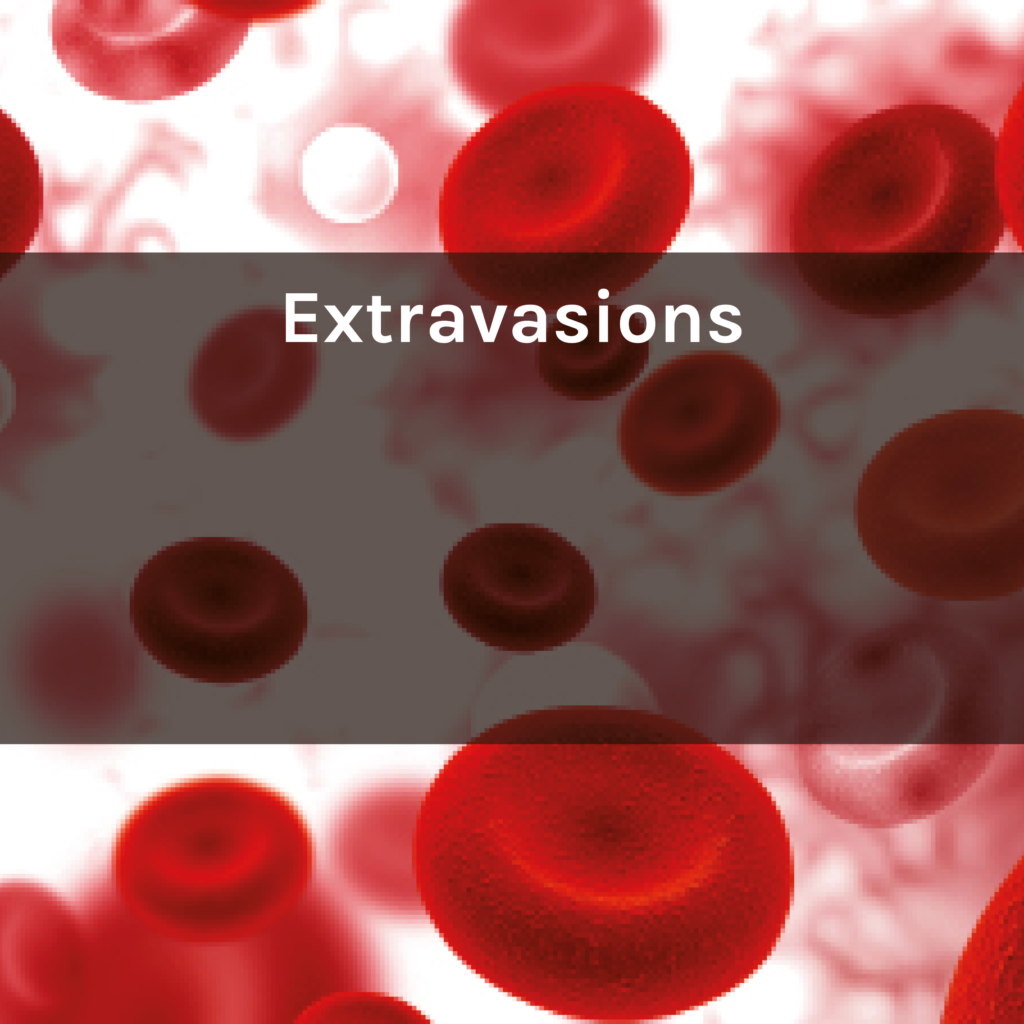Venous Access
Venous access is the access to the bloodstream via the veins. Venous access is required for Intravenous (IV) treatment administration such as medication or fluids (blood or rehydrating fluids) and nutrition if required Obtaining repeated venous blood samples As an access point for blood-based treatments such as dialysis or apheresis. – Apheresis involves removing whole […]

